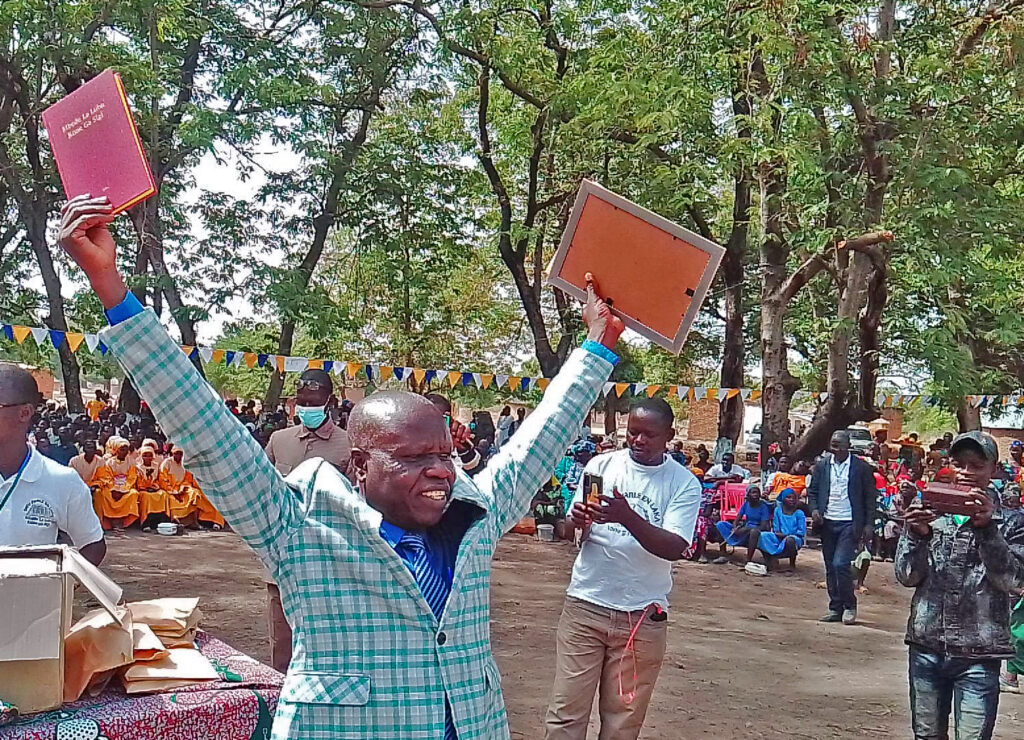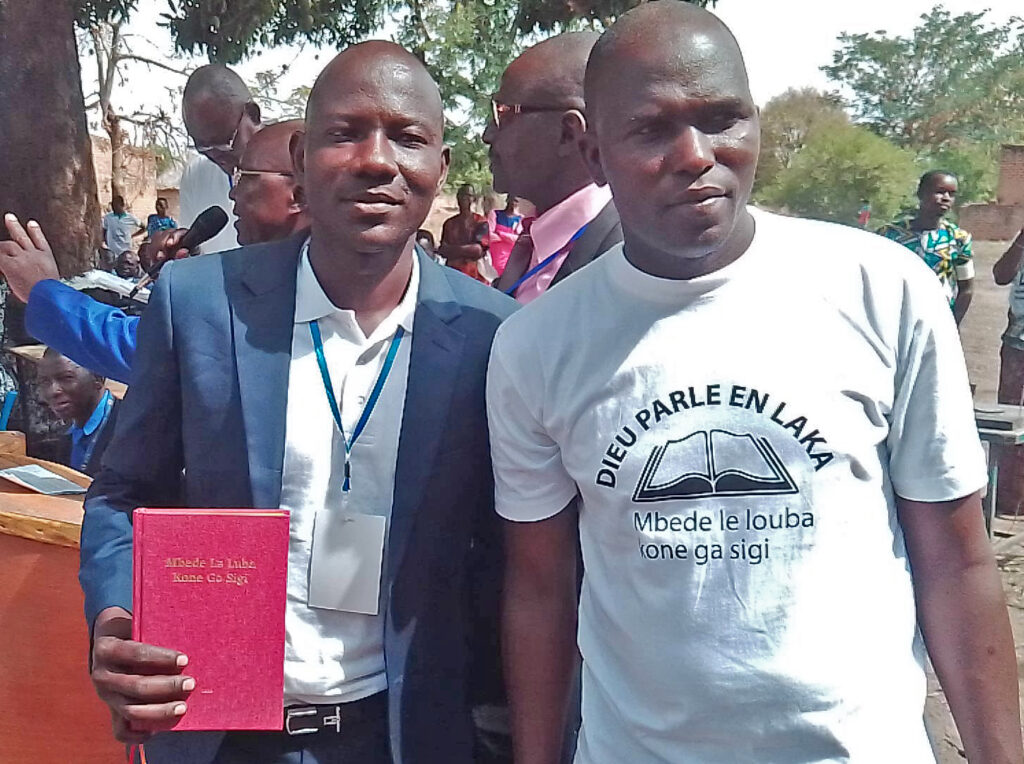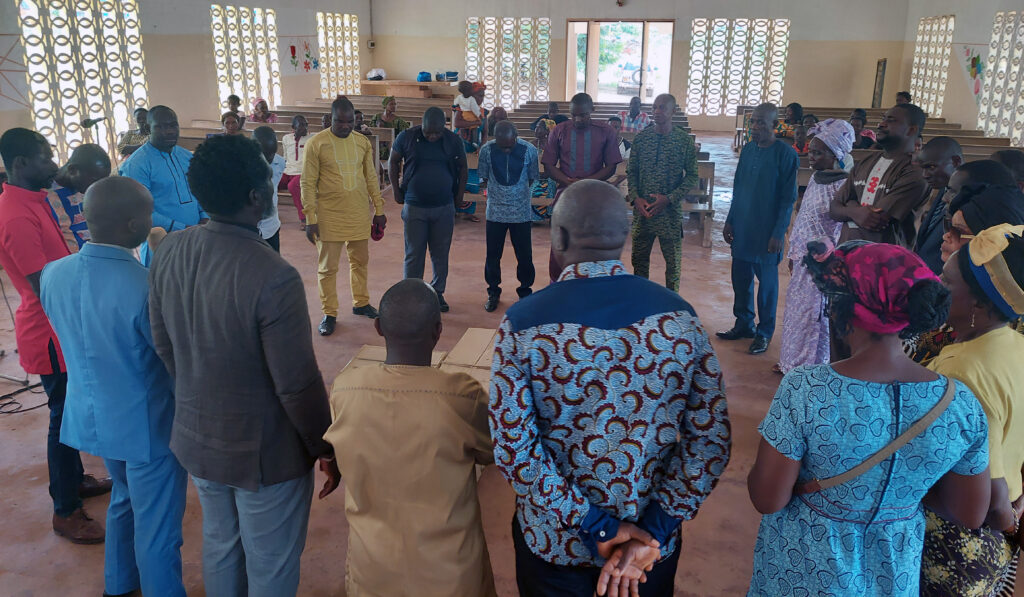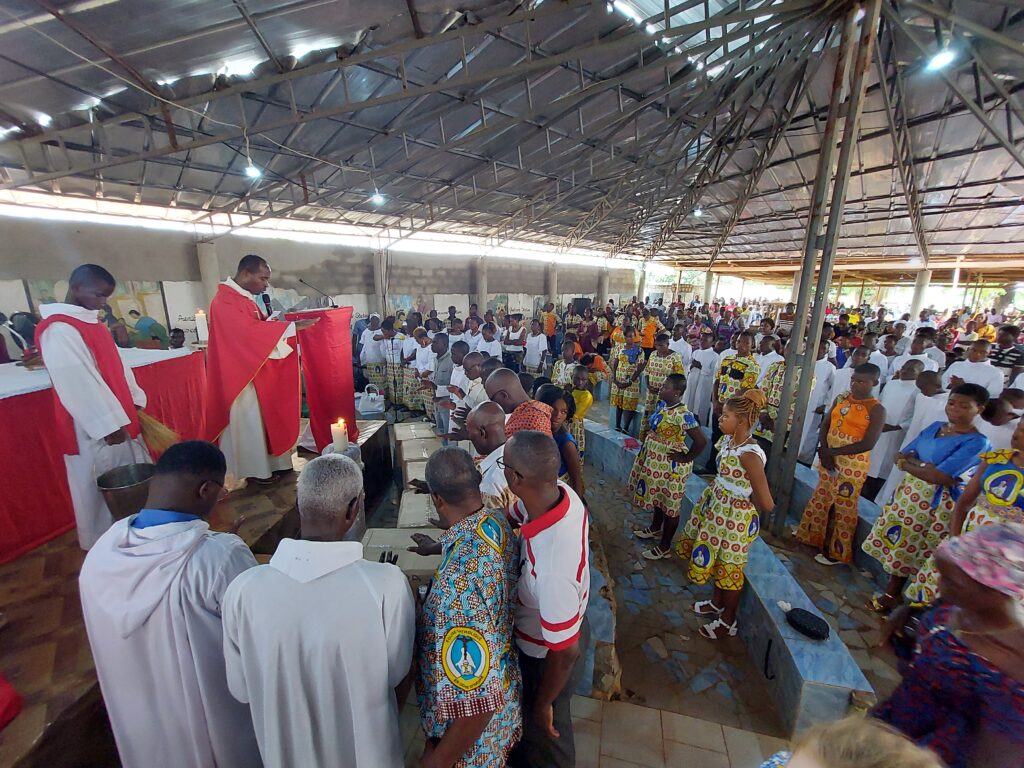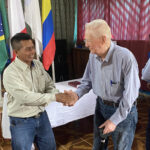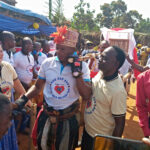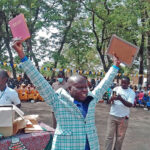What We Started, We Must Finish
Imagine walking eight hours on a nearly empty stomach to get to work. And once you’re there, your life could be endangered. This is the reality for the people of six language groups in a cluster project in Cameroon, Africa.
Since 2011, these groups have been meeting to translate the New Testament into six minority languages. In 2017, when civil unrest broke out, the challenges confronting the teams became nearly insurmountable.
In this video, Eli shares about the barriers and burdens faced by some translators In Cameroon, Africa and why they came to take a recent JAARS-sponsored website building workshop.
One challenge was economic hardship. Eli*, the implementation coordinator for these projects, one of which involved his own language, said, “I remember a time where [the translators] worked for three months and they were not able to be paid.” Not because there was no money, but because there was no way to safely get the money and take it to the village.
And yet, the translators didn’t give up. “What we started, we must finish,” they said. The translators would hike—sometimes for eight hours—to the village where they worked. They would stay there and translate for two days, then hike back home until the next week, when they would do it all over again.
Eli didn’t know how the translators could trek such long distances despite having eaten little, but he knew God was behind it. God laid on their hearts a philosophy from Proverbs: “Do not boast about tomorrow, for you do not know what a day may bring” (Proverbs 27:1 ESV). “Anytime we could work,” Eli said, “we went to work as if this was the last week we had to work because we didn’t know what next week would look like—if anyone would be able to come.”
And indeed, several times the translators had to stop working and hide in the bushes because the fighting came too close and grew too intense.
But praise God that he enabled the translators to persevere! They have completed the New Testament in these six languages, and even now are translating the Old Testament, beginning with Ruth and Jonah.
One team wanted to begin with Ruth because their community has many widows and orphans as a result of the unrest. “We’ll see how Israel’s society looked at widows and handled widowhood so that the church [can] use the story of Ruth and widowhood to speak in this time.”
Another team wanted to begin with Jonah because of its themes of reconciliation and forgiveness: “We will begin with Jonah because God sent Jonah to go preach to the Ninevites, and they repented, and God forgave them. But Jonah was angry that God forgave these people. The message we will be preaching is, ‘Do not refuse to forgive the one God has already forgiven.’”
The teams also wanted to begin the translation of the Old Testament with these two books because they are small. “We will turn [them] into songs. We will record [them] for the media. We will flood the area with these two books,” the team explained.
Due to the civil unrest in this region, many people in the teams’ communities have moved to other parts of Cameroon or to other countries. So how will the people in their language groups learn of Scriptures, literacy materials, and the JESUS and Luke videos in their languages? And how will they be able to read or view them?
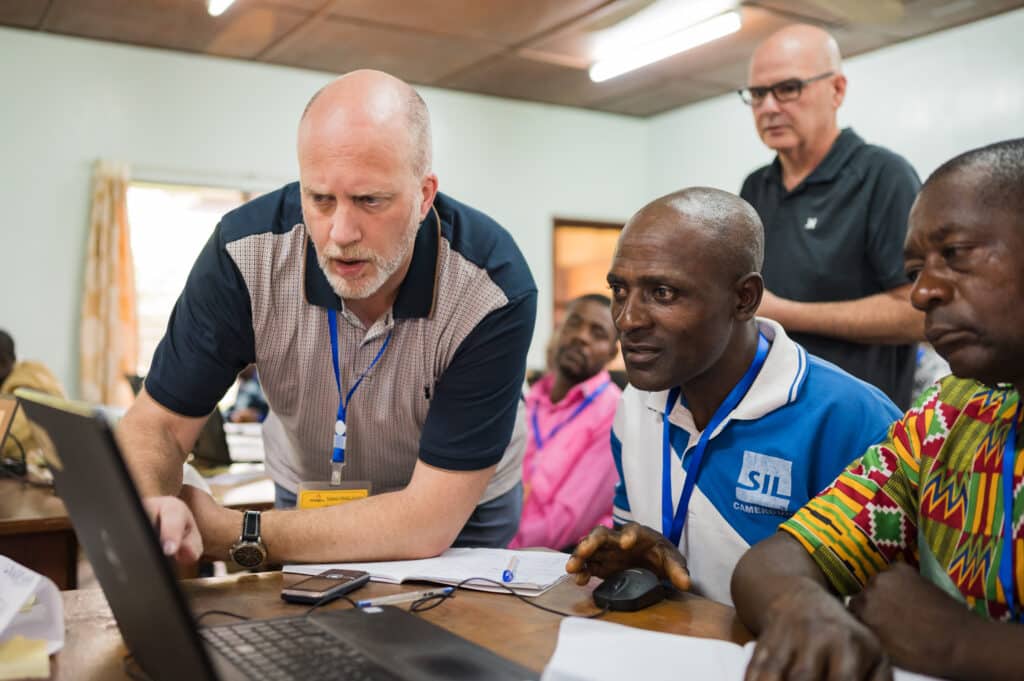
Websites! Funded in part by JAARS, our Scripture website partner* had planned a two-week website-building workshop in Yaoundé, Cameroon, in 2018, but it was postponed by the civil unrest and then by COVID-19. Finally, in October, the workshop took place, and the six cluster teams attended alongside four other Bible translation teams.
Each language group sent two team members to the workshop to learn how to organize their websites via index cards, create webpages and add videos, text, and images. On the last day, as the teams presented their live sites to members from their community, their joy and pride in their culture and language was unmistakable!
“If this [workshop] did not [happen],” one translator from the Kari* language said, “we’d be thinking about how all of what we’re doing would reach our language speakers in the diaspora. But now we can send the information. And they are eager, waiting to see the link of the [Kari] website to start consuming the material.”
Of the six communities in the cluster, only two have a strong enough network to update their websites. The four others still wanted to attend. “We will still benefit from this,” they said, “because if we want to update our websites, we will visit the other community where there is a stronger network and update our site and [return to] our community, because it is not only about us, it is about our people who are out of the village, and many of them happen to be in places where the network is good.”
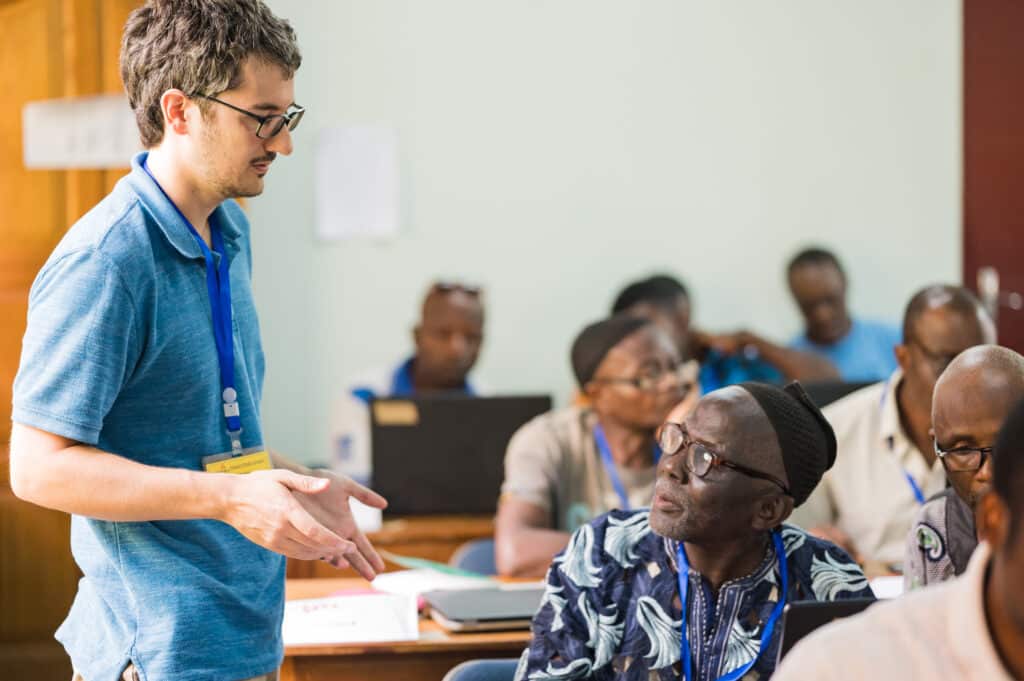
Now that each language team has its own website, God’s Word will be able to spread faster and easier. Many of the translators already have the audio and/or text versions of Ruth and Jonah on their websites and are getting the word out about their sites. Just two days after the workshop, one man from the Asri* language went to all the gatherings of people in his language group, telling them about the website and teaching them how to use it.
God has raised up these mighty men and women from Cameroon who are willing to share his Word with their people despite threats against their lives, starvation, separation, and financial risk. It is the least we can do to stand with them by praying and giving!
Join us in praying that the Lord will use these websites to spread his love and gospel to the people in Cameroon.
*Name changed or omitted for security reasons



























































